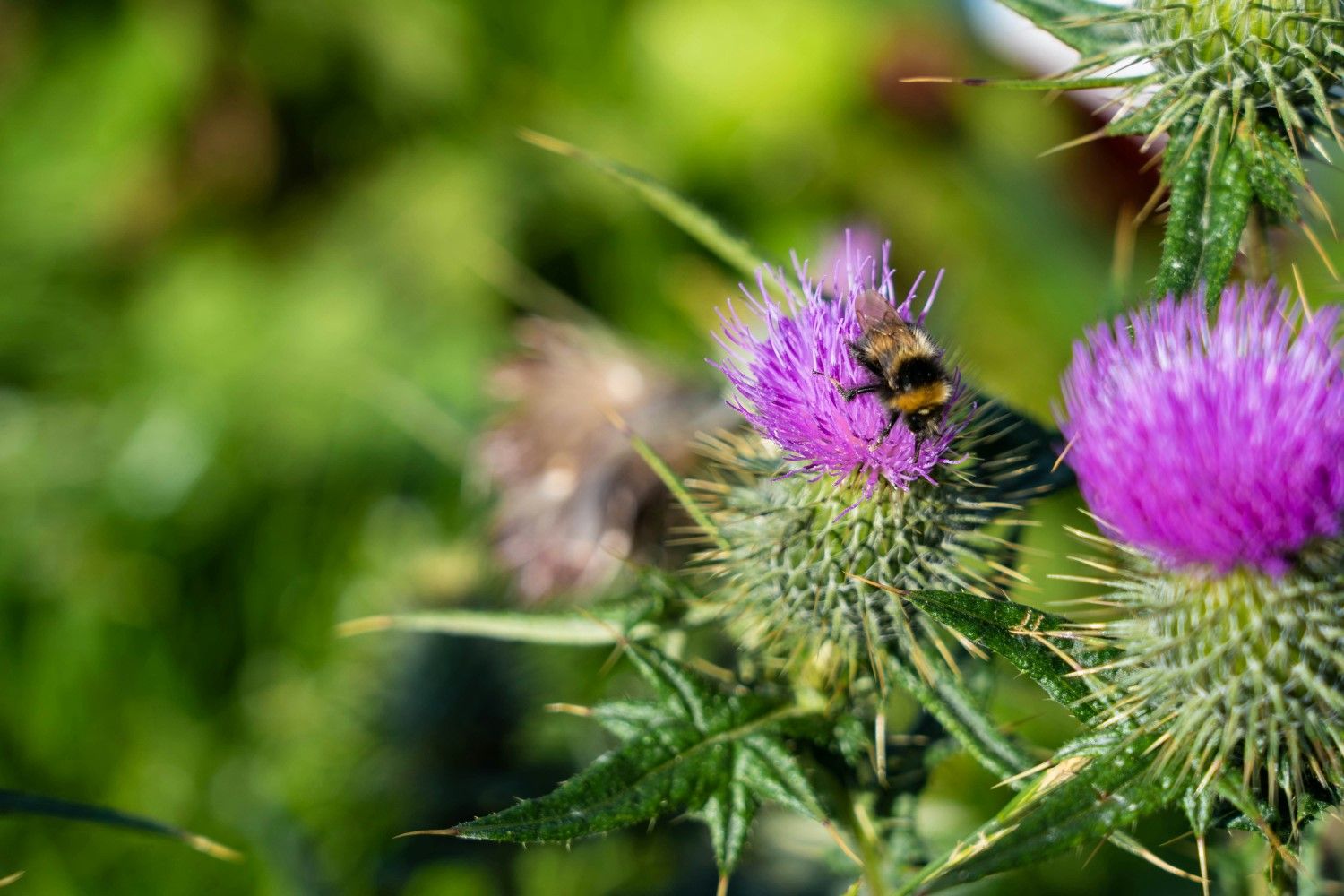
Earlier this summer I found myself repeatedly asking an uncomfortable question: where are all the bees?
It turned out I was not alone in being disturbed by the silence in my garden – which, the Bumblebee Conservation Trust explained, was caused by a longer than usual gap between the emergence of queen and worker bees. This gap appeared to be caused by a very wet spring, another reminder of how climate change is disrupting the rhythms of nature. By August, reassuringly, the bees were back – though, in contrast, the Big Butterfly Count found butterfly numbers at the lowest numbers in the scheme’s 14 years of operation.
Climate change and nature loss are global issues. But motivating action requires us to translate these into local stories. And there’s not much more local than the species you find in your garden.
One of the big challenges for conservation advocates is ‘shifting baseline syndrome’. When we appeal to historic levels of biodiversity, we are appealing to a natural world that is outside of living memory. For most people, the normal state of nature is probably what they remember as a child or a young adult – and it is changes against this baseline that they will notice.
This creates a negative feedback loop where falling numbers become seen as the new normal, and we collectively fail to understand the extent to which the species around us have collapsed.
This summer, Scottish Environment LINK commissioned Diffley Partnership to conduct polling which asked about the environment in a local context, as well as, in focus groups, presenting some of the evidence around longer-term trends.
We found that people really do understand that the environment is in trouble and are deeply concerned. 76% of respondents said that they worry about the natural environment often or occasionally.
And this concern comes from experience. The vast majority of people in Scotland have noticed environmental harm in their local area: with 82% noticing the impact of climate change, nature loss, or pollution.
But, despite this, when our focus groups were presented with evidence showing the longer-term trends, the reaction was much more mixed. While some participants acknowledged the scale of biodiversity loss in Scotland, others expressed surprise that Scotland ranks so poorly against other developed nations. One participant said: “You don’t hear a lot about Scottish species that are threatened with extinction… we can’t individually do anything about it or try and affect change if we don’t know anything about it.”
One insight from this research was that there is a generational gap in how people think about these issues: those aged over 65 were, predictably, most likely to say they had experienced nature loss, but in contrast those aged 16-34 were most likely to say they had experienced the impacts of climate change. To reach this younger audience, nature advocates may need to do more to draw out the links between species declines and climate change.
Access the full polling results report
By Dan Paris, Advocacy Manager at Scottish Environment LINK

